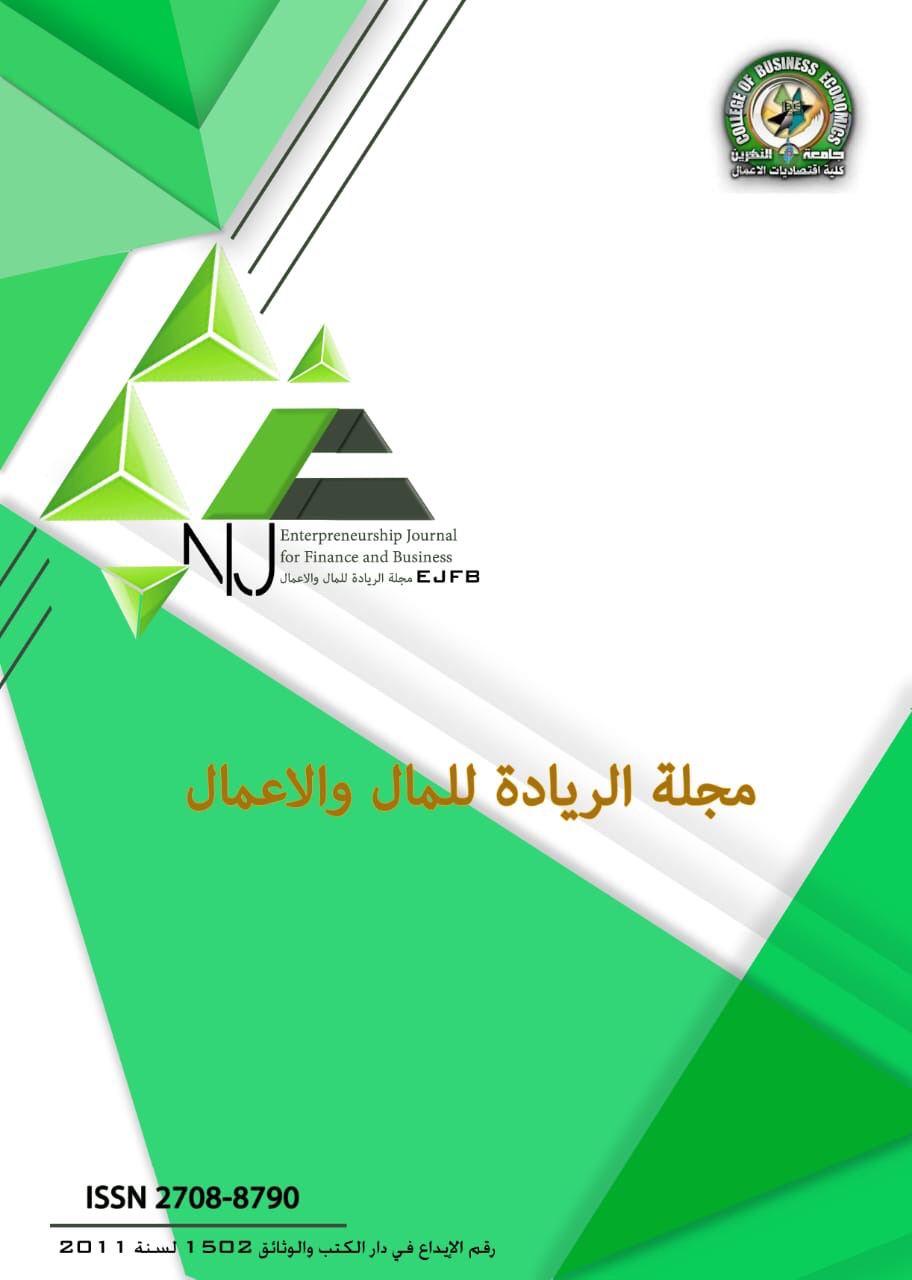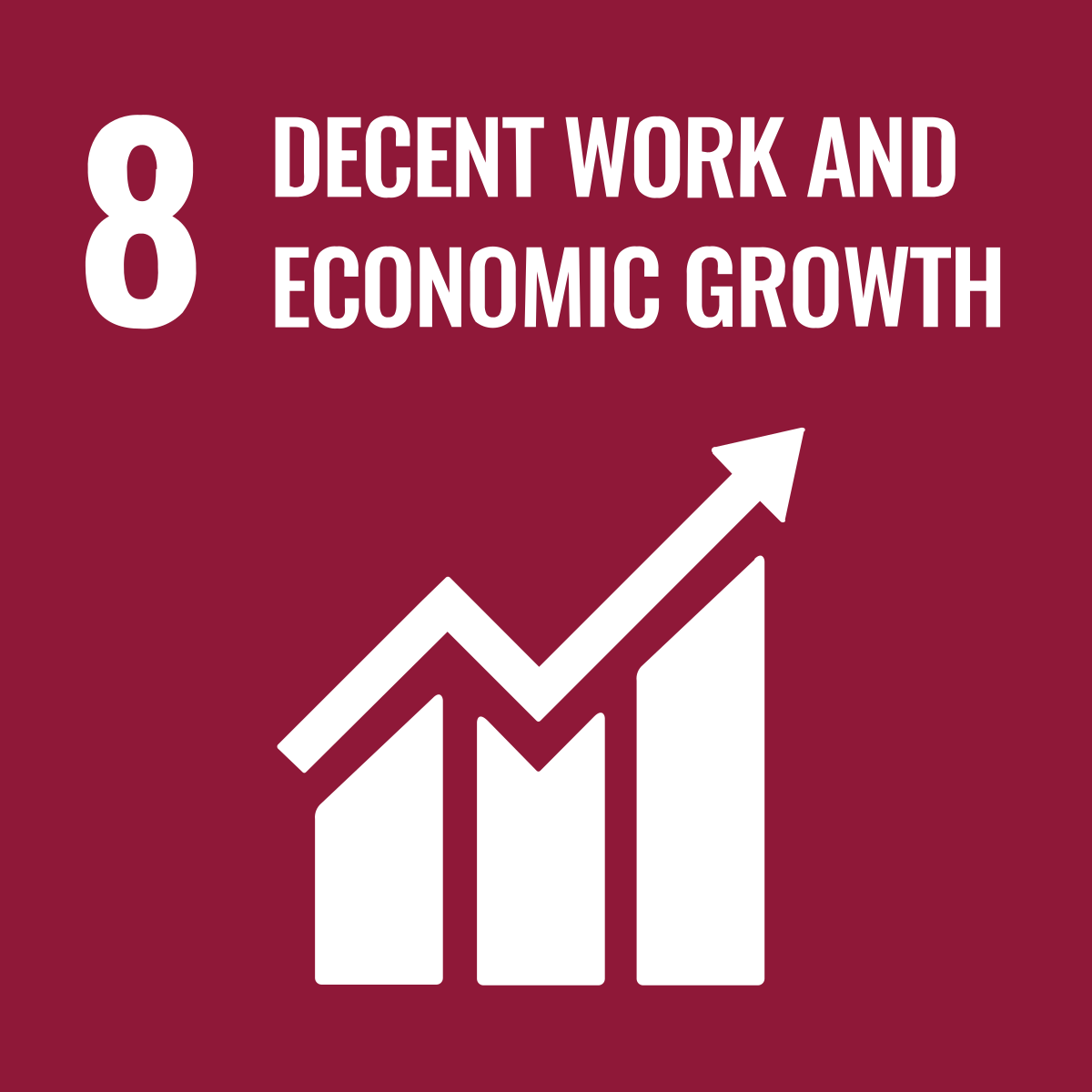Testing a lazy bank hypothesis in the Iraqi economy
DOI:
https://doi.org/10.56967/ejfb2020135Keywords:
lazy bank, privet credit, borrow, government sector, crowding outAbstract
The research aims to test a hypotheses explaining the behavior of commercial banks towards government borrowing in the Iraqi economy on the one hand and the effect of internal government borrowing on bank credit. government borrowing on bank credit. The lazy bank hypothesis is one of the explanations for banking behavior, it believe a continuous increase in government borrowing from commercial banks can create a risk that leads banks to reduce their lending to the risky private sector compared to granting loans to the public (government) sector and thus eliminates their incentives to search for new profitable opportunities To invest in the private sector.
The effect of crowding out means that the rise in government sector spending leads to a decrease in private spending or sometimes even cancellation. The main reason for crowding out is to reduce the government deficit if the government borrows from the market to fill this deficit so the demand for investment in the market increases and the value of money in the market increases automatically And the interest rate increases. Using a method of Co-integration and a Error Correction Model to measure the relationship between internal government borrowing and credit in a short and long term for the period Jan. 2006-May 2020 monthly data . the results of the econometric model supported this hypothesis, which reflects negatively on the size and effectiveness of the private sector and its role in the Iraqi economy
Downloads
Downloads
Published
How to Cite
Issue
Section
License

This work is licensed under a Creative Commons Attribution 4.0 International License.
This is an Open Access article distributed under the terms of the creative commons attribution (CC BY) 4.0 international license which permits unrestricted use, distribution, and reproduction in any medium or format, and to alter, transform, or build upon the material, including for commercial use, providing the original author is credited.






